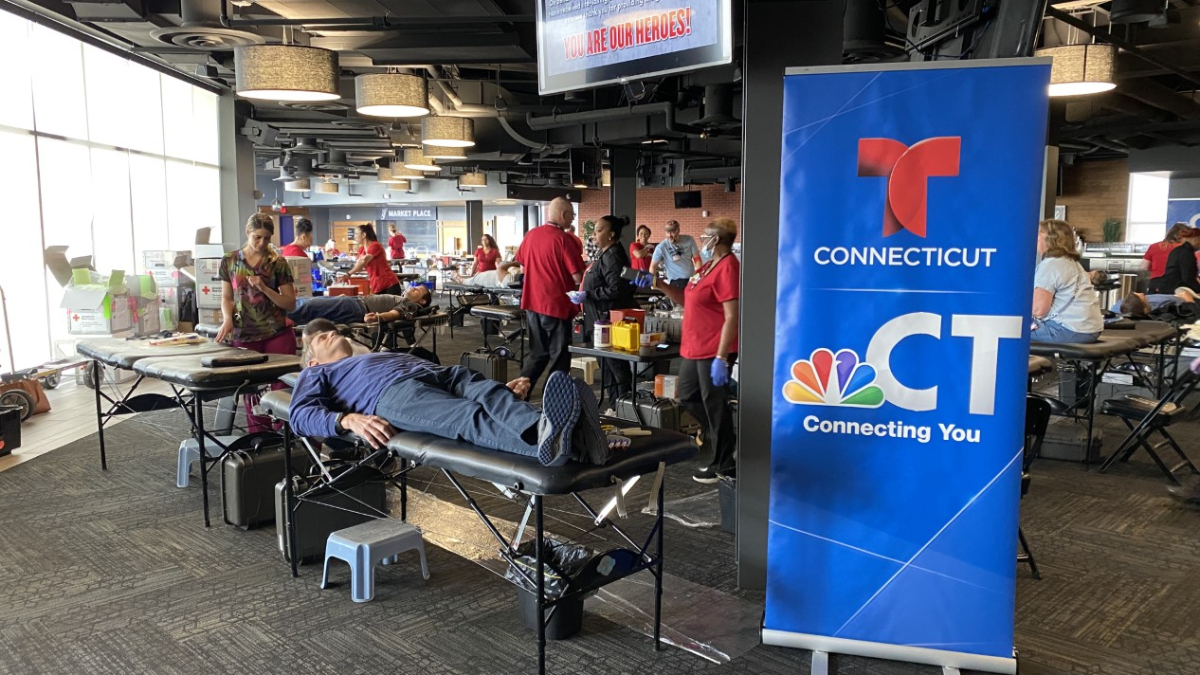The commissioner of the Department of Consumer Protection is recommending that the state add four conditions to the list of debilitating conditions medical marijuana can legally be used to treat in the state of Connecticut.
Commissioner Jonathan Harris said the department will seek to add fibromyalgia, rheumatoid arthritis and Post herpetic Neuralgia to the list of conditions medical marijuana can be used to treat adults. He will also recommend that medical marijuana can be used to treat muscular distrophy for adults and children.
This comes after the Board of Physicians met in January to consider adding seven conditions to the list.
"The Board of Physicians provides excellent guidance and advice to the Medical Marijuana Program in Connecticut. Our program remains one of the nation’s best because of its security, and thoughtful expansion," Harris said in a statement. "We make all of our decisions regarding the program with the goal of providing the best health care possible, and don’t make decisions without serious consultation with the medical community. We’re proud that our program has grown to help over 16,000 severely ill patients lead better lives in our state.”
Next, each condition will go through a formal regulation process, which includes a period for public comment and review by the legislative regulation review committee.
The state previously approved medical marijuana for the treatment of 22 debilitating diseases for adults in Connecticut and six for children.
Medical marijuana was not approved to treat:
There are currently 16,388 medical marijuana patients, 629 physicians registered to certify patients, 22 conditions approved for adults, and six conditions approved for patients under the age of 18.
For adults, debilitating medical conditions include:
- Cancer
- Glaucoma
- Positive Status for Human Immunodeficiency Virus or Acquired Immune Deficiency Syndrome
- Parkinson's Disease
- Multiple Sclerosis
- Damage to the Nervous Tissue of the Spinal Cord with Objective Neurological Indication of Intractable Spasticity
- Epilepsy
- Cachexia
- Wasting Syndrome
- Crohn's Disease
- Post-Traumatic Stress Disorder
- Sickle Cell Disease
- Post Laminectomy Syndrome with Chronic Radiculopathy
- Severe Psoriasis and Psoriatic Arthritis
- Amyotrophic Lateral Sclerosis
- Ulcerative Colitis
- Complex Regional Pain Syndrome
- Cerebral Palsy
- Cystic Fibrosis
- Irreversible Spinal Cord Injury with Objective Neurological Indication of Intractable Spasticity
- Terminal Illness Requiring End-Of-Life Care
- Uncontrolled Intractable Seizure Disorder
For patients under 18, debilitating medical conditions include:
- Cerebral Palsy
- Cystic Fibrosis
- Irreversible Spinal Cord Injury with Objective Neurological Indication of Intractable Spasticity
- Severe Epilepsy
- Terminal Illness Requiring End-Of-Life Care
- Uncontrolled Intractable Seizure Disorder
Those who wish to find more information about the program may visitwww.ct.gov/DCP/mmp, or contact the Drug Control Division atdcp.mmp@ct.gov or (860) 713-6066.
Local
The Board of Physicians meets at least twice a year to consider petitions. Members of the public may petition the board by filling out a form.



